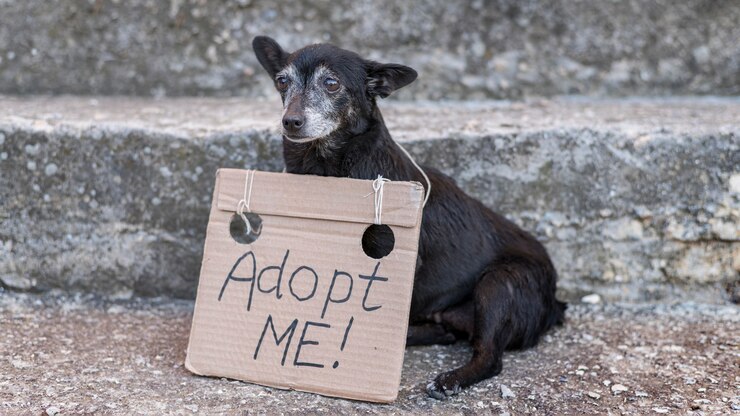Dementia is a degenerative brain disease affecting one in three adults over 65. It’s estimated to affect more than half of older adults by 2050, with the total number living with the condition rising to 100 million worldwide. With this in mind, it’s vital to know the signs and what you can do if you think your dog suffers from dementia.
What Are The Symptoms Of Dementia?
There are a few different symptoms that may indicate that your dog has dementia, which includes:
-Disorientation: Your dog may seem lost or confused and have trouble finding its way around familiar places.
-Changes in Sleep Patterns: Your dog may sleep more during the day and be up and restless at night.
-Loss of Interest in Activities: Your dog may no longer be interested in playing fetch or going for walks.
-Decreased Interaction with People and Other Animals: Your dog may become more withdrawn and less responsive to people and other animals.
– changes in eating habits: Your dog may start to eat less or more than usual.
Cats and Dogs That May Be at Risk
As our furry friends age, we must be aware of the signs of dementia in dogs so we can provide them with the best possible care.
Dementia is a general term for the deterioration of cognitive function. This can manifest in different ways, but some common signs to look out for are:
– Disorientation: Getting lost in familiar surroundings or seeming confused about where they are and who they are with.
– Changes in sleeping habits: Sleeping more during the day and less at night or having difficulty settling down to sleep.
– Loss of interest in activities: Stopping playing altogether or no longer enjoying walks or other activities they used to love.
– Decreased social interaction: Withdrawing from contact with people or other animals or becoming more aggressive.
– Changes in bathroom habits: Forgetting where the door is, not making it outside in time, or going to the bathroom inside the house.
If you notice any of these changes in your dog’s behavior, you must take them to a veterinarian as soon as possible. Dementia is a progressive condition, which means it will get worse over time. However, with early diagnosis and treatment, many dogs can still enjoy a good quality of life for many years.
Senior Dogs With Dementia
Dementia in dogs is similar to dementia in humans. It is a progressive disease that affects a dog’s cognitive abilities and can cause changes in behavior. As dogs age, they may experience some cognitive decline, but this does not necessarily mean they have dementia. However, if your senior dog shows signs of dementia, it is essential to take them to the vet for a diagnosis and discuss treatment options.
A few different types of dementia can affect dogs, but the most common form is called Canine Cognitive Dysfunction Syndrome (CCDS). CCDS is similar to Alzheimer’s disease in humans and causes changes in the brain that lead to problems with memory, learning, and perception.
Dogs with CCDS may forget their learned commands or have difficulty recognizing familiar people or places. They may also show changes in behavior, such as increased anxiety or aggression, pacing or restlessness, and changes in sleep patterns.
If you think your senior dog may be showing signs of dementia, make an appointment with your veterinarian. They will perform a physical examination and may recommend some diagnostic tests to rule out other possible causes of the symptoms.
If your dog is diagnosed with CCDS, some treatment options can help improve its quality of life. These include medications to help with anxiety and depression, supplements to support cognitive function, diet and exercise routine changes, and environmental enrichment (such as providing more toys and puzzles).
How to Recognize Dementia in Dogs
There are a few key ways to recognize dementia in dogs. One of the most common signs is a change in sleeping habits. If your dog suddenly sleeps more during the day and less at night, this could be an early sign of dementia.
Another common symptom is a loss of interest in favorite activities. If your dog doesn’t want to go on walks or play with toys anymore, this could be another sign that something is wrong.
A third way to tell if your dog may have dementia is if they start having accidents in the house even though they’re well-trained. This is often a sign that they’re disoriented and confused.
If you notice any of these changes in your dog’s behavior, you must take them to the vet for an evaluation. Dementia is a severe condition that can worsen over time, so getting an early diagnosis is crucial for giving your dog the best possible quality of life.
Conclusion
If your dog shows any of these signs, it’s essential to take them to the vet for a check-up. Dementia is a severe condition; the sooner it’s diagnosed, the better. With proper treatment, many dogs with dementia can still enjoy a good quality of life.

